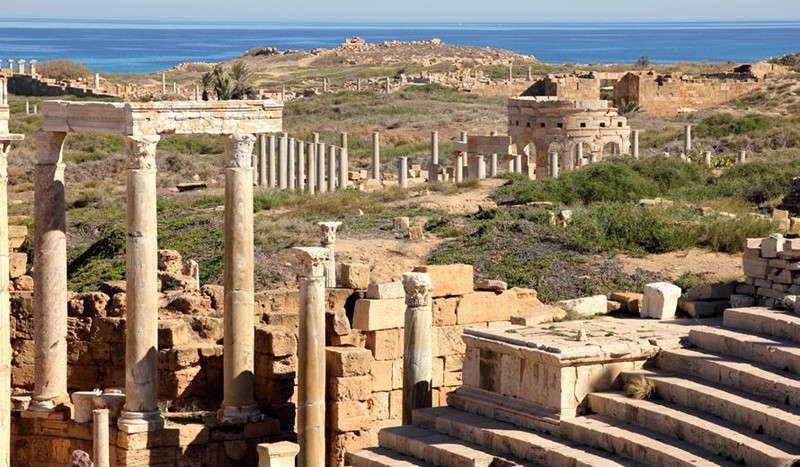
Paris, 19 November—Mexico has announced a new global conference on cultural policies, Mondiacult, during the meeting at UNESCO on Tuesday of 120 culture ministers who discussed the transversal role of culture in public policies for sustainable development during the 40th session of UNESCO’s General Conference.
In 1982, Mondiacult marked a major turning point in the definition of culture for development as the international community came to regard culture as the set of distinctive spiritual, material, intellectual and emotional features of society or a social group, and that it encompasses, in addition to art and literature, lifestyles, ways of living together, value systems, traditions and beliefs.
The announcement of a new edition, was made during the Forum of Ministers of Culture 2019, the largest such meeting in more than 20 years. “Twenty years separate us from this intergovernmental conference of culture ministers. Since then, the face of the world has changed. Culture has a fundamental role to play in rising to the challenges of our century. In the face of global fractures, and the paralysis of some institutional platforms, it is a common language that breaks down barriers,” declared the Director-General of UNESCO, Audrey Azoulay, as she opened the Forum.
The role of culture in building more cohesive, resilient and inclusive societies was the main subject of the ministers’ interventions during their meeting. They shared their experience on and outlined their vision for the future with regard to the role of culture diplomacy in maintaining peace, the impact of the creative industries, notably the digital creative economy, on education and employment, and how culture transforms our cities.
Countries reaffirmed the value of cultural diversity as an essential component of all societies, of intercultural dialogue and social inclusion. They furthermore agreed about the importance of extending access to culture and heritage for urban and rural communities, for vulnerable groups including diasporas. Other major priorities expressed concerned the need to take stock of the impact of the creative industries, and to provide lifelong arts and culture education for all.
As countries strive to accelerate the implementation of the 2030 Sustainable Development Agenda, culture is emerging as an invaluable resource for many areas of life. Numerous countries today choose to invest in culture for its capacity for inclusion, dialogue and innovation. As a constituent element of our societies, culture is an end in itself and a powerful force linking the past to the future.


